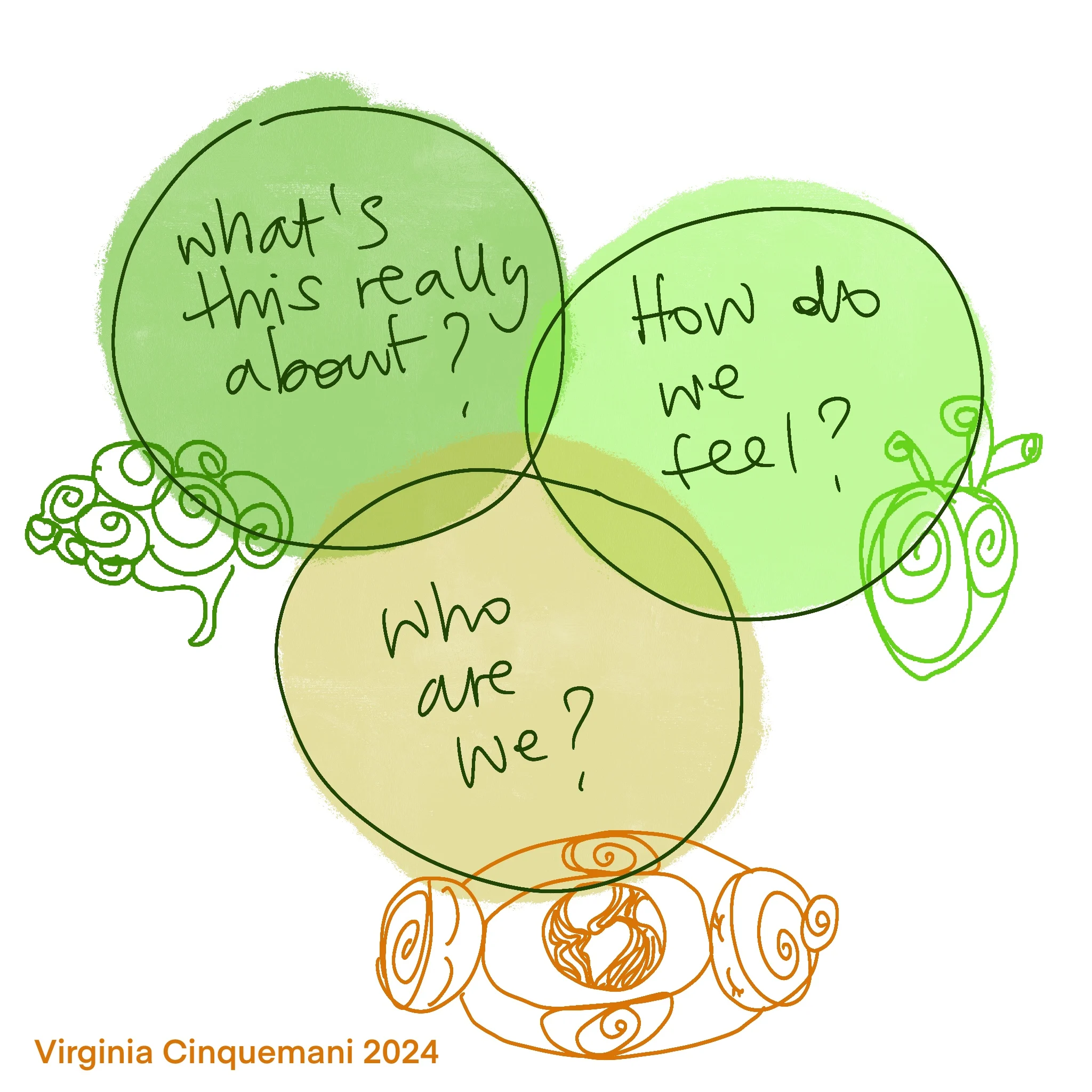What kind of conversation are we having?
A few weeks ago, I attended the UK launch of Supercommunicators, a book by American journalist and Pulitzer Prize winner Charles Duhigg, as part of my research for The Good Communicator.
The key concept of the book is that, if you want to become a "supercommunicator", one of those people who can easily catalyse others towards them and get them to change ideas, you need to first identify the kind of conversation you are in.
Unknowingly, we often want to have a type of conversation and the other person a different one, and when these two desires don't match, we don't communicate well.

|
Our conversations are generally about one of these three topics:
Sometimes we just want to vent after a bad day, and a colleague offers unsolicited advice. Or starts gossiping about the office. We just want support, an ear to listen to us, and we get something else in return. When we work together on a common goal (with colleagues or clients), it's really important to use our empathy to understand the kind of conversation the other person wants but also to make sure we are clear about the sort of conversation we want! What if we can't work it out? We need to pay close attention to what's been said and how: did the other person share anything personal about the way they feel? Do they look emotional in any way? Did they go straight to practicalities? That's a practical discussion and you can lean into data and reasoning. Social conversations can be a little trickier as they are all about our social identities and the way we interact with others. They can be very deeply seeded in culture, religion and upbringing. If in doubt, ask what everyone wants out of the conversation or try these questions: "How can I help?" "What do you need right now?" "Do you mind if I just vent about my day? Don't worry about trying to solve it for me; I could really do with just getting it all out." This article was originally written for the Green Gorilla weekly newsletter. If you liked it, subscribe to receive more articles like this and learn how to communicate sustainability better, how to be more productive without selling your soul to the work devil, and how to make an impact in the world. Here is the link: https://newsletter.thegreengorilla.co.uk/ |
